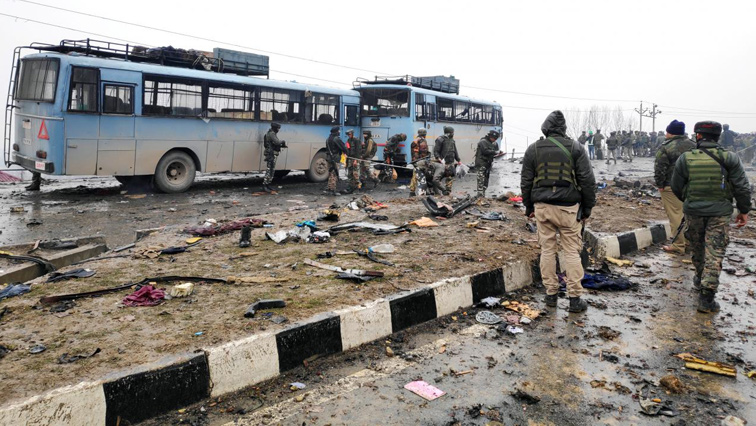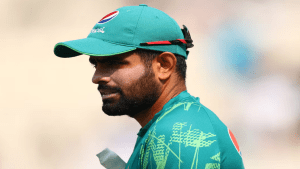The United Nations continues to urge restraint amidst rising tensions between nuclear-armed nations India and Pakistan after New Delhi revoked the special status of Kashmir that has long been a region of dispute with Islamabad.
The latest escalation comes after India rescinded Article 370 of its constitution which granted significant autonomy to the state of Kashmir.
In retaliation this week, Pakistan announced it would suspend trade with India and expel that country’s top diplomat.
Pakistan’s envoy to the United Nations, Ambassador Maleeha Lodi tweeted a picture of her meeting with the Secretary General’s Chief of Staff in which she urged the UN Chief to play what she called his due role in the crisis.
Earlier, the organisation urged caution through Spokesperson Stephane Dujarric.
“We are following with concern the tense situation in the region. We are also aware of reports of restrictions on the Indian side of Kashmir and we urge all parties to exercise restraint. Over the past few days, the UN Military Observer Group in India And Pakistan, otherwise known as UNMOGIP, has observed and reported an increase in military activity along the line of control.”
Pakistan and India have fought two of their three wars over the Himalayan region which they both claim in full.
It’s an overwhelmingly Muslim territory, but India controls the largest portion of the state.
Pakistan administers about one third with China claiming a portion.
Rupert Colville of the Office of the High Commissioner for Human Rights in Geneva says, “We’re deeply concerned that the latest restrictions in Indian administered Kashmir will exacerbate the human rights situation in the region. We’re seeing again blanket telecommunications restrictions – perhaps more blanket than we have ever seen before. The reported arbitrary detention of political leaders, and restrictions on peaceful assembly. These restrictions will prevent the people of Indian administered Kashmir and their elected representatives from participating fully in democratic debate about the future status of Jammu and Kashmir.”
India also sent thousands of additional troops to the region ahead of its announcement, which included the imposition of curfews and the shuttering of telecommunications, which the office of the high commissioner took issue with.
“Under the International Covenant on Civil and Political Rights, which India has ratified, the right to freedom of opinion and expression includes the freedom to seek, receive, and impart information. While article 19/3 of the Covenant allows states to impose restrictions on certain grounds, including protection of public order, the human rights committee, which, as you know, monitors and interprets the covenant, has warned that any such curbs must be necessary and proportionate, and should not jeopardize the right itself. The fact that hardly any information at all is currently coming out from Indian administered Kashmir is of great concern in itself.”
India has since called on Pakistan to review its decision to downgrade diplomatic ties while the latter has indicated it will challenge India’s move at the UN Security Council, despite no such meeting yet having been called.






